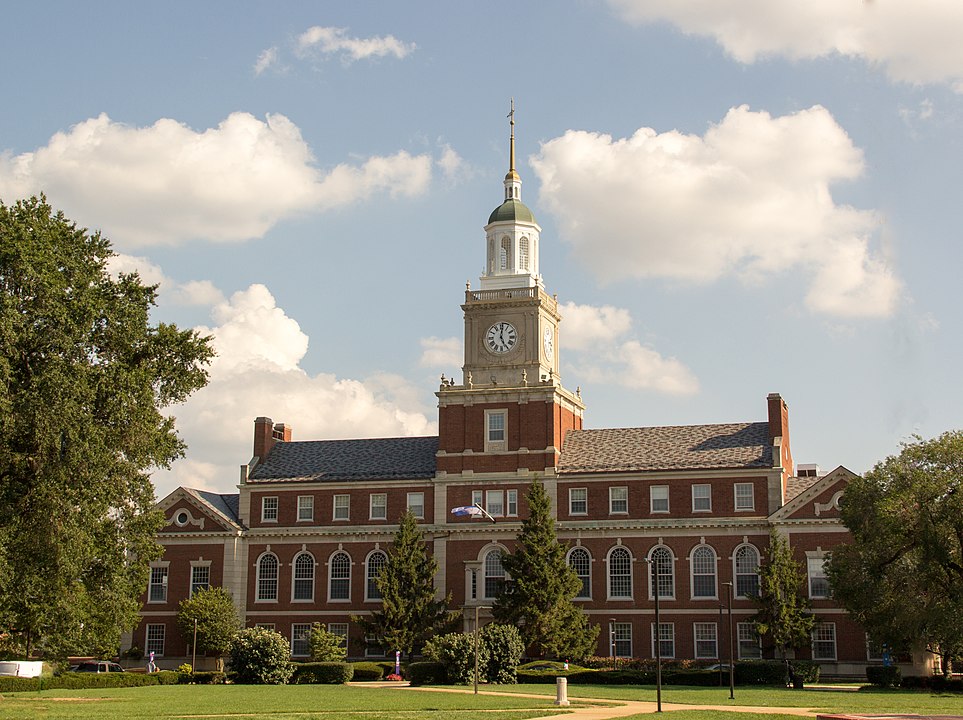An op-ed piece …oh! excuse me – a “guest essay”… in today’s NYT alerted me to the demise of the classics department at the renowned Howard University. Two senior academics from the university defend the decision to scrap the department against criticism from without and within; the crux of their argument falling along financial grounds but also with the assurance of Howard’s continued commitment to the humanistic tradition through other departments – English, philosophy and history – and interdisciplinary paths. And, pointedly, that a H.B.C.U. does not have the luxury of NOT having to constantly review their academic programs and their viability (read: Endowment!) This, a jab in direction of what they believe to be unreflected criticism from elite sectors and the “ivory tower”.
As Howard is the only H.B.C.U. to have a classics department, its pending loss is more than unfortunate; my flitting around (digitally speaking) in the last year or so led me to believe there to be a growing interest and presence amongst minorities and women. I recall thinking that the success of some of the books being published and movies being made, suggested a renewed attraction amongst young people to mythologies and the ancient world and the stories they had to tell, and how they may be interpreted for the contemporary world. (I guess, if not zealous college recruitment, then the spectre of student loan repayments might in the end convince that computer science or bio-tech subjects are more prudent options!) On the other hand, after four years of Trump and more than a year of Covid, it is clear that the humanities have suffered the most in attracting funding, and at Howard it may be classics that loses out but elsewhere I dare say some other program.
Related, I think, are the rising tensions and the potential for conflict in classics institutes and in academic scholarship; a lot of which has to do with politics (hijacking by the right), gender (feminist or non-gendered renderings) and race.
On the latter, this is a particularly enlightening piece by Rachel Poser in The New York Times Magazine earlier this year; ostensibly about the young Princeton academic, Dan-el Padilla Peralta, and his experience as a Black student and scholar in classics. (In this respect, his opinion on the Howard decision and the future of university classics departments in general would not be uninteresting.) But Poser’s piece, beyond the personal Padilla narrative, explores the place of classics at the foundation of Western Civilisation, and what that means for the institutionalisation of ideas of race and the supremacy of Western thought in universities. Padilla says that means inherent racism and a myopic world view. I hope that is not true. Regrettably, Howard could have had an interesting role to play in a process of renewal – in making the Classics fit not just for this century but also the next.

